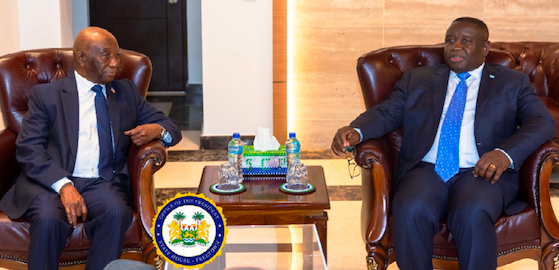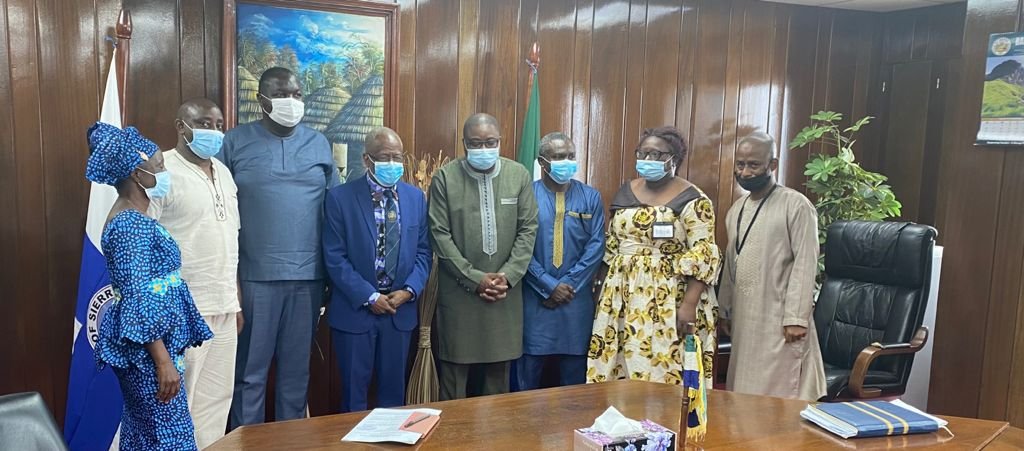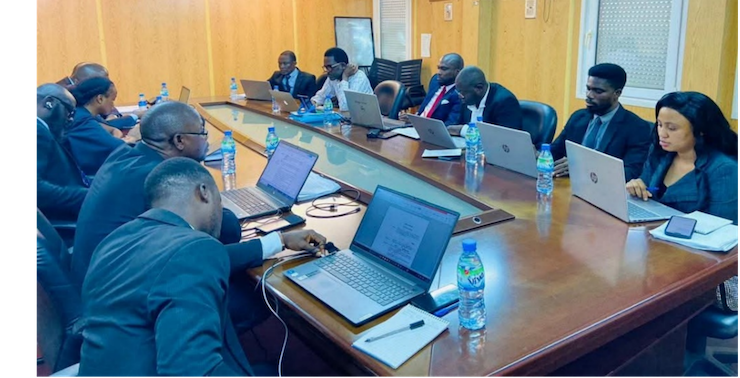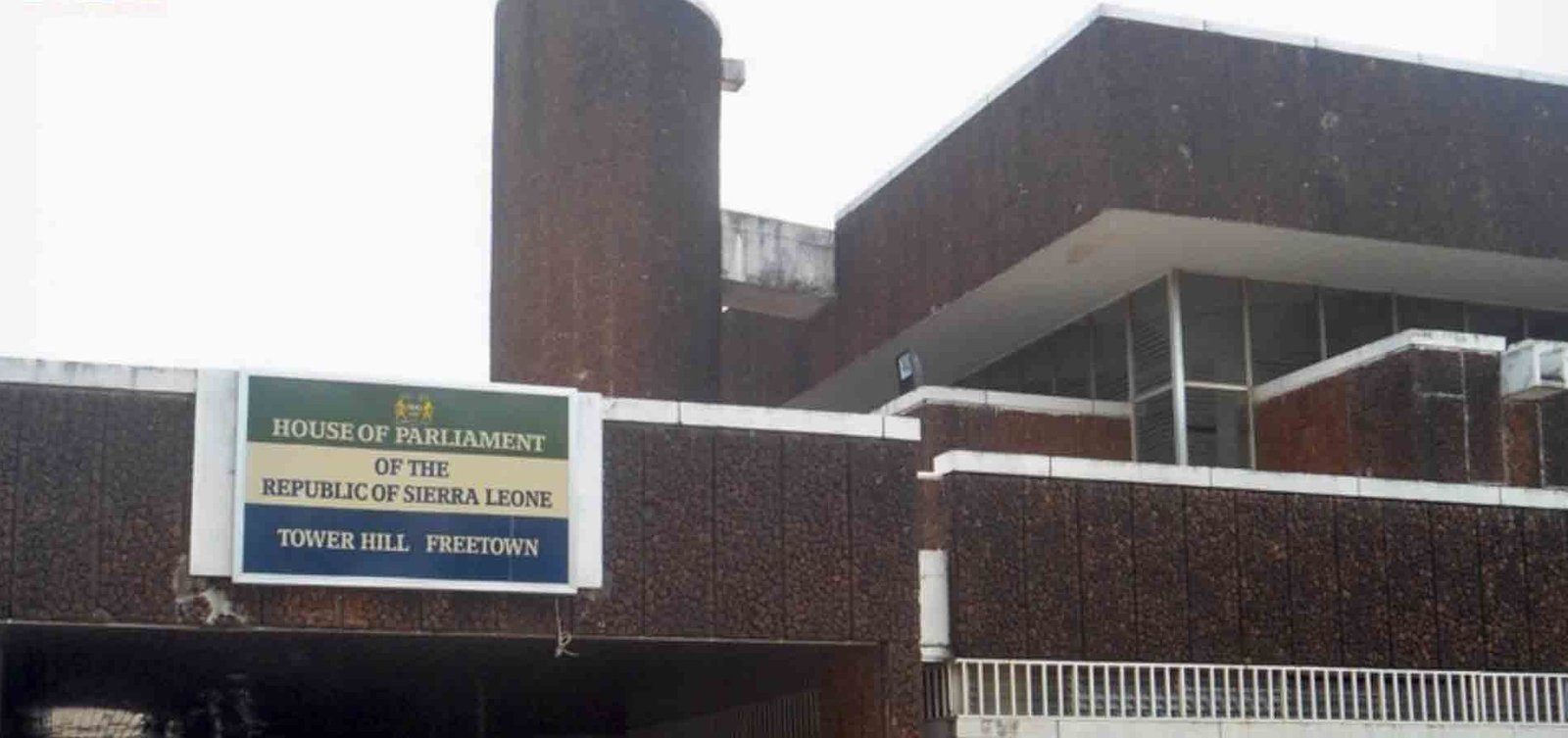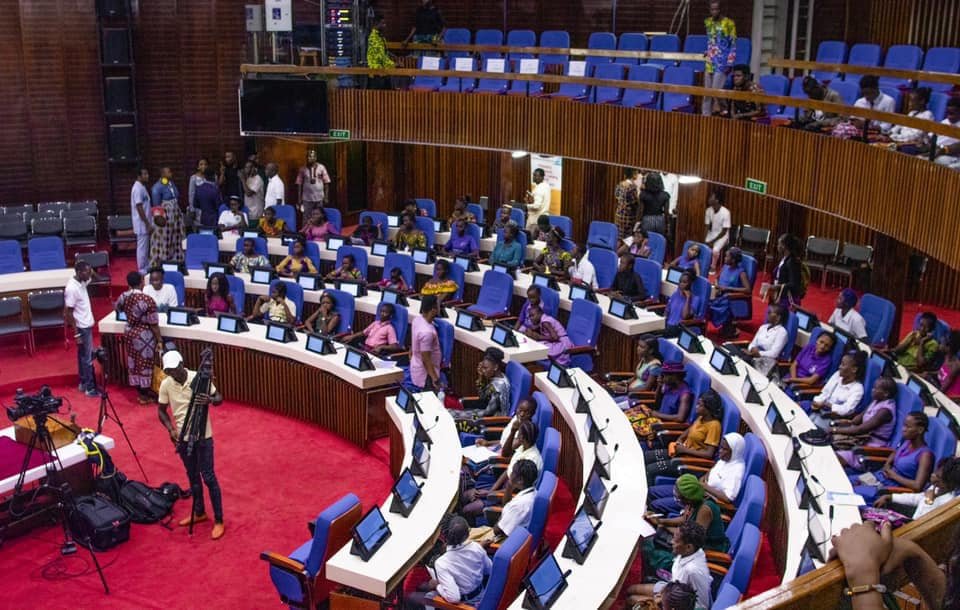ACC And Auditor-Gen: Dissecting The Roles
 ACC Building
ACC Building
The 1991 Constitution of Sierra Leone unequivocally establishes that the Auditor General’s Report is the exclusive property of Parliament, underscoring Parliament’s critical role in ensuring financial accountability. Section 119(1) of the Constitution assigns the Auditor General the responsibility of auditing and reporting on public accounts, including government departments, local councils, and other statutory bodies. This mandate is fundamental to promoting transparency and safeguarding public resources.
The Constitution further mandates in Section 119(4) that the Auditor General’s Report be submitted directly to Parliament. Once submitted, Parliament assumes full responsibility for reviewing, debating, and acting upon the findings. This division of responsibilities ensures that the Auditor General maintains independence while Parliament exercises its oversight authority through mechanisms like the Public Accounts Committee (PAC). The PAC is empowered to scrutinize the report, summon officials, and demand explanations for any irregularities, ensuring public funds are managed responsibly.
While the Anti-Corruption Commission (ACC) plays a vital role in combating corruption, its authority is distinct from Parliament’s. Governed by the Anti-Corruption Act of 2000 (as amended), the ACC investigates and prosecutes corruption cases but does not have constitutional ownership of the Auditor General’s Report. Instead, the ACC may use the report’s findings to inform investigations, working alongside Parliament without overstepping its jurisdiction. This separation of powers reflects the intent of the Constitution’s framers, preventing undue influence from any single institution. Parliament’s ownership of the report protects the democratic process, allowing elected representatives to hold officials accountable in the public interest.
The Auditor General’s impartiality, Parliament’s legislative oversight, and the ACC’s prosecutorial mandate collectively reinforce Sierra Leone’s governance framework. This tripartite approach ensures transparency, fosters public trust, and strengthens institutional integrity. By safeguarding the Auditor General’s Report as a parliamentary prerogative, the 1991 Constitution affirms accountability as a cornerstone of democratic governance in Sierra Leone.
27-01-2025



